If states are judged by how they handle complaints, Lagos recently passed that test on the Lekki/Ajah corridor, where protests over timing did what traffic management could not.
The government of Babajide Sanwo-Olu had scheduled eight months of rehabilitation work beginning on November 15. Commissioners outlined phases, diversions, and night shifts. Then Lagosians spoke up. The calendar was too close to Detty December, a period known for nightlife, visitors, and heavy spending. The government shifted its plans.
The decision arrived through a statement from the Commissioner for Transportation. Preliminary works would continue, he said, but full construction would wait. A new date would come later. That pause became a signal: policy was now moving with public rhythm.
Other examples already existed. Complaints about rainfall damage in Ikorodu and Lekki pushed the government to accelerate repairs. Residents noted smoother drives afterwards. The Sanwo Olu Listens programme distributed financial assistance to vulnerable households. It was framed as a direct response to hardship rather than long policy cycles.
Budget planning also opened its doors. Forums across the state gathered suggestions from residents. Roads like Oro Oke were added to discussions because people asked that school and clinic access be given priority. Consultation began to shape allocation.
Environmental worries found space, too. Pressure over flooding and plastic waste led to renewed restrictions on single-use plastics and styrofoam. Government statements linked the measures to citizen concerns. Engagement moved from online debate to regulatory action.
The Lekki/Ajah case stood out because it touched culture as well as infrastructure. Detty December contributes billions of naira each year to Lagos nightlife and tourism. A blocked corridor could have stalled concerts and travel. Planners appeared to agree.



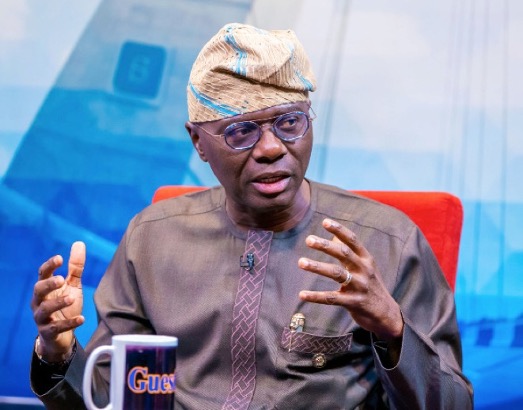
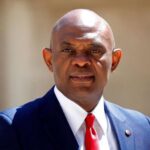
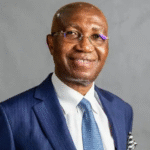
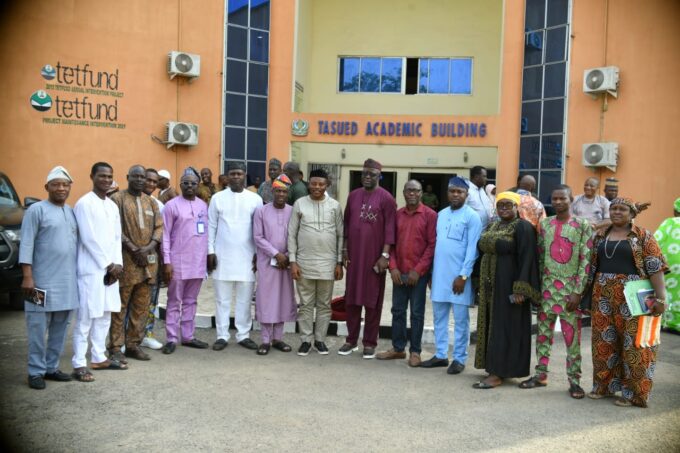

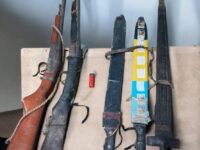
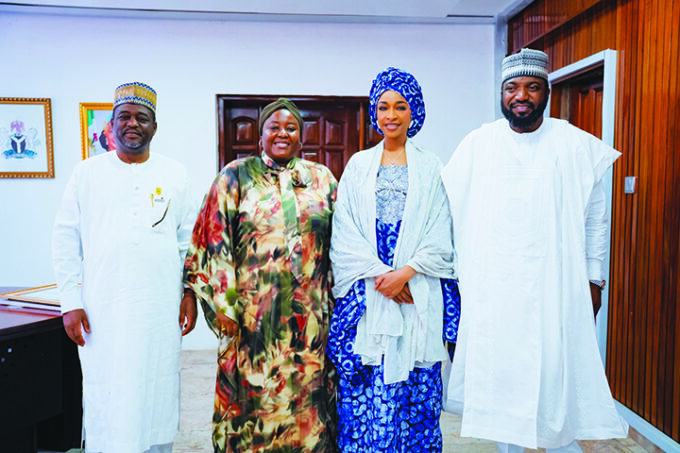
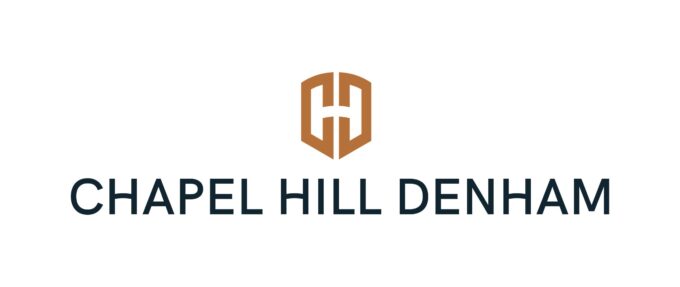
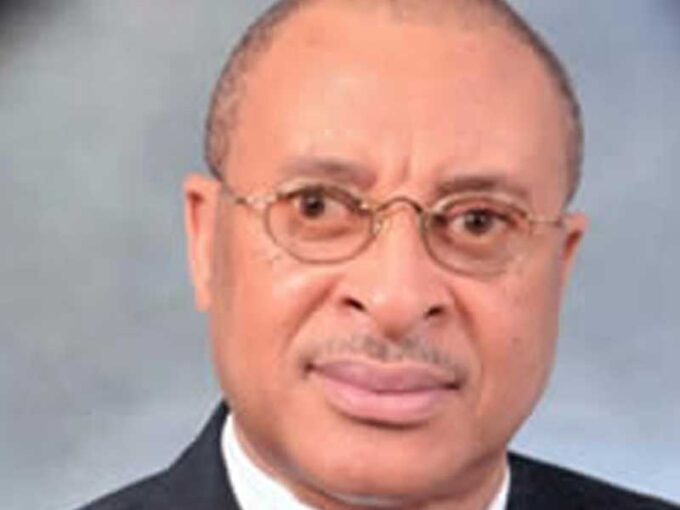





Leave a comment